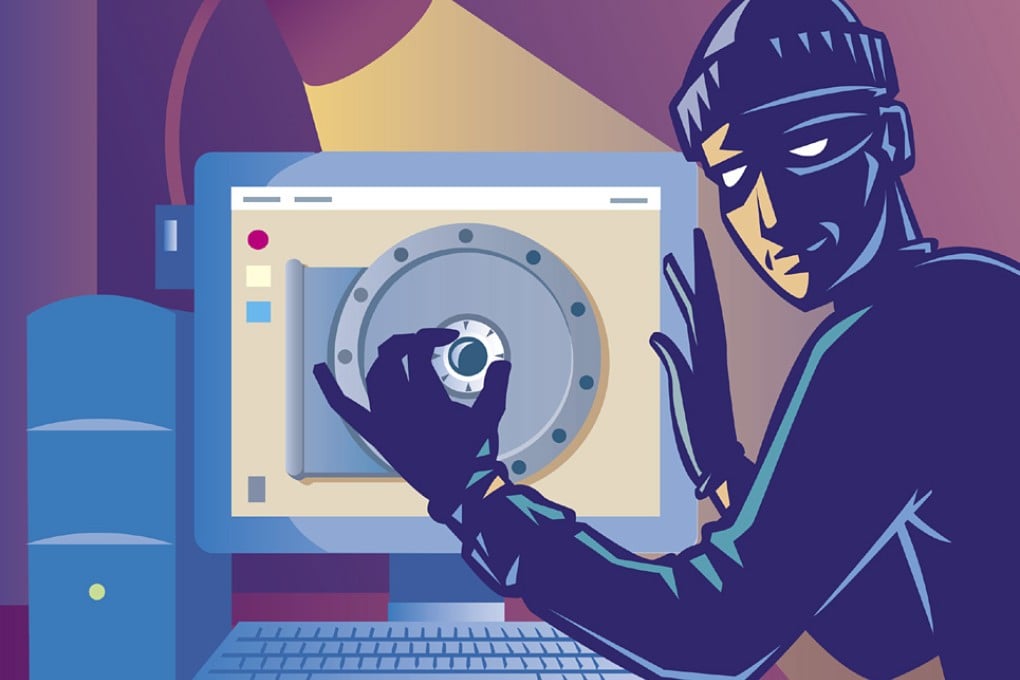Companies must be willing to go to war against hackers to protect sensitive data, or stop collecting it: experts

As the fallout from the major hack attacks on infidelity-dating site Ashley Madison and the US Office of Personnel Management continue, experts say we may need to reassess how much data is stored on users if it cannot be protected.
More than 50 million people had personal and sensitive data exposed in the OPM and Ashley Madison hacks, which were discovered in April and July of this year, respectively.
They came in the wake of major data breaches at Sony Pictures, late last year, and Target, which agreed in March to pay out US$10 million to those affected.
"If you can't protect it, don't collect it," Richard Bejtlich, chief security strategist at US cybersecurity firm FireEye, told the South China Morning Post.
"We have to come to terms with the idea that no one really has the ability to keep a determined intruder out of your enterprise."